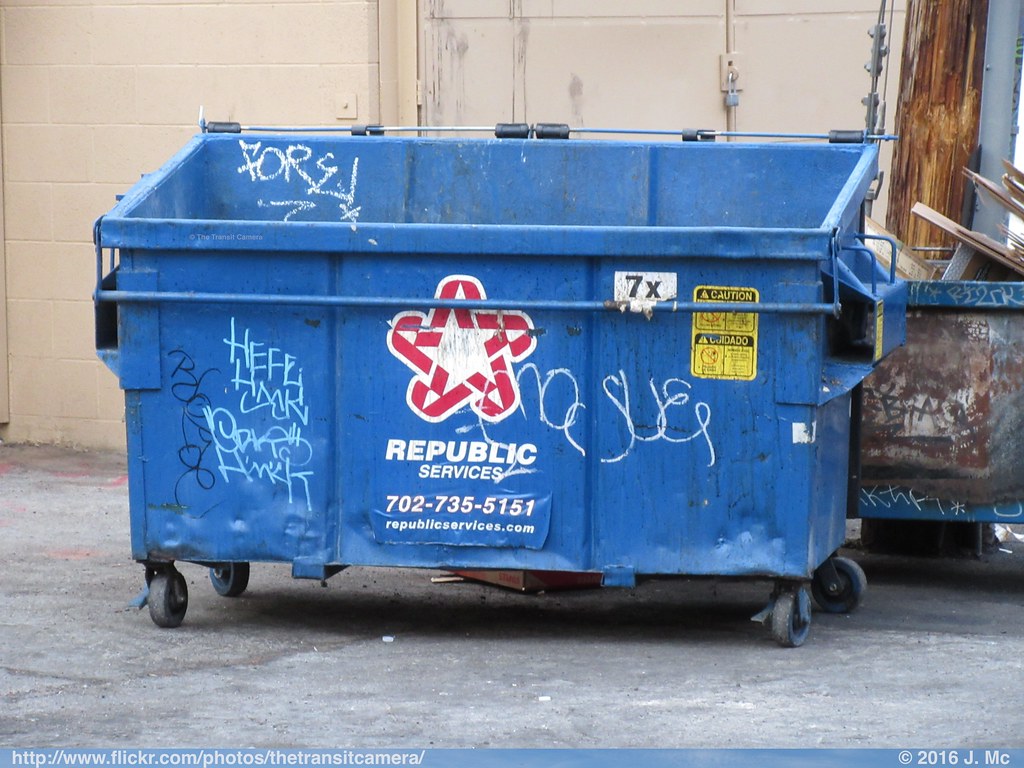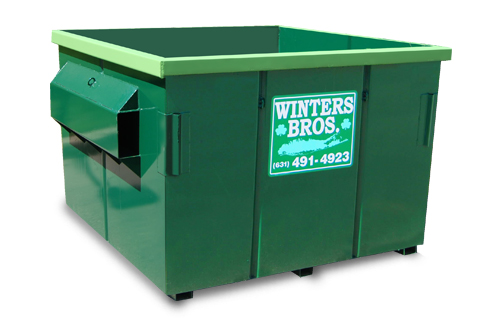When it comes to dumpster rentals, there are a number of essential tips to keep in mind for effective waste management. First, choose http://piedmonttriaddumpsters.timeforchangecounselling.com/choosing-the-right-dumpster-rentals the right dumpster size to stay clear of overfilling or squandering sources. Recognize the rental costs, including base fees, added fees, and prospective discounts. Know what can and can't enter a dumpster, consisting of dangerous products, recyclables, and forbade products. Plan for ideal dumpster placement, guaranteeing access and very little blockage. Finally, routine logistics carefully to minimize disruptions to your job operations. By adhering to these standards, you'll be well on your method to a successful project - and there's more to discover to assure a smooth experience.
Choosing the Right Dumpster Size
When it comes to dumpster rentals, choosing the right dumpster size is necessary to ensure efficient waste management and cost-effectiveness. A dumpster that is also tiny can cause overfilling, causing additional rental fees and prospective penalties.


On the various other hand, a dumpster that is too huge can be a waste of sources and raise rental expenses unnecessarily. To ascertain you select the ideal dimension, think about the kind and quantity of waste you need to get rid of of.
For little projects, such as cleaning a solitary space, a 10-15 yard dumpster might suffice. For larger projects, like building and construction or improvement, a 20-30 lawn dumpster might be required.
Additionally, consider the space offered for dumpster placement and any local regulations regarding dumpster dimension and placement. By picking the best dumpster size, you can establish a smooth and cost-effective waste management process.
Understanding Dumpster Rental Costs
Having picked the ideal dumpster size, the following action is to understand the expenses connected with dumpster rentals. The rental period, dumpster size, and location are vital variables that affect the overall cost
Typically, dumpster rental business charge a base fee that includes a specific rental duration, generally ranging from a few days to a week or even more. Additional fees might make an application for prolonged rental durations, obese dumpsters, or unique needs like same-day delivery.
It's necessary to inquire about any additional costs or additional charges before settling your rental contract. Make sure to ask about the weight capacity and any type of limitations on the kinds of products that can be taken care of in the dumpster.
Understanding these information will certainly help you budget precisely and avoid surprise costs Some dumpster rental business may additionally provide discounts for long-term services, mass orders, or commitment programs, so it deserves exploring these alternatives as well.
What Can Go in a Dumpster
The dumpster's contents can significantly impact the rental experience, and recognizing what can and can not enter a dumpster is essential for a successful project.
Generally, dumpsters are created to hold non-hazardous materials such as family trash, construction debris, and yard waste. This can include products like broken home appliances, furnishings, drywall, roof covering materials, and organic matter like fallen leaves and branches.
Additionally, dumpsters can fit heavy materials like concrete, asphalt, and dust, making them optimal for renovation and landscaping projects It's additionally usual to dispose of recyclable products like cardboard, paper, and plastic in dumpsters.
However, it is necessary to consult the rental company ahead of time to validate they approve these products and to recognize any specific guidelines or restrictions
Prohibited Items and Materials
Embedded in the regulations and policies of dumpster rentals are stringent standards governing what can not be discarded in these containers. Recognizing what things are prohibited from being dealt with in a dumpster is essential to staying clear of extra charges, penalties, and even discontinuation of services.
- Hazardous waste, including batteries, electronic devices, and chemicals, pose environmental and wellness risks if not gotten rid of properly. Liquids, consisting of paint, oil, and cleaning supplies, can infect soil and groundwater otherwise taken care of correctly. Flammable products, such as propane tanks, fireworks, and warm ashes, can create fires and explosions. Toxic materials, including asbestos, lead, and clinical waste, call for special handling and disposal to stop injury to humans and the environment.
Effective Dumpster Placement Strategies
Most dumpster rental projects call for cautious preparation, and an important element of this preparation is establishing the ideal placement of the dumpster at work site.
The location of the dumpster can especially influence the efficiency and safety of the task. It is essential to think about the accessibility of the dumpster, assuring it is quickly obtainable for packing and unloading particles. Furthermore, the dumpster needs to be placed in such a way that decreases blockage of pedestrian and vehicular traffic.
When picking an area, think about the closeness to the work area, considering the range and route that employees will need to require to take care of waste.
It is additionally essential to validate the dumpster is positioned on a level, company surface area to avoid it from tipping or shifting during use. Additionally, take into account any local regulations or homeowners' association rules that may impact dumpster placement.
Scheduling and Logistics Essentials
Five vital elements must be considered when organizing and collaborating logistics for dumpster rental projects.
From guaranteeing prompt shipment to assisting in effective waste elimination, a well-planned routine is vital to the success of your project.
When planning your logistics, make sure to take into consideration the following essential factors:
- Project Timeline: Align your dumpster rental duration with your job timetable to ensure you have the essential devices when you need it. Delivery and Pickup: Coordinate with your rental provider to arrange convenient shipment and pick-up times that decrease disruptions to your workflow. Space and Accessibility: Verify the dumpster can be safely and easily put on your website, with appropriate area for loading and unloading. Local Regulations: Acquaint on your own with neighborhood ordinances and permits required for dumpster positioning and garbage disposal, avoiding prospective fines or penalties.